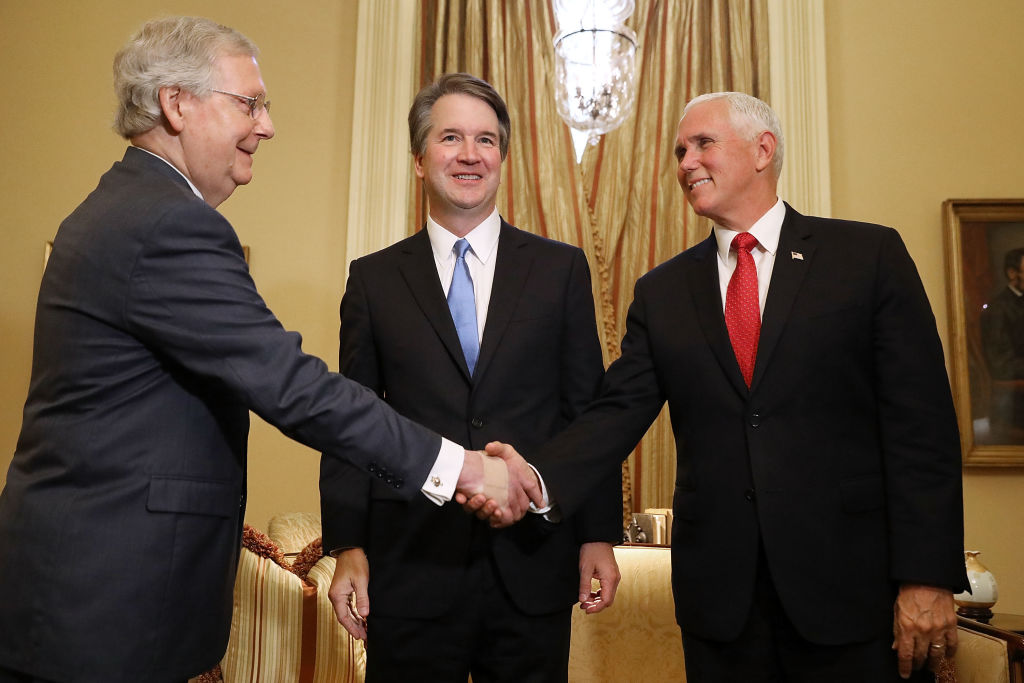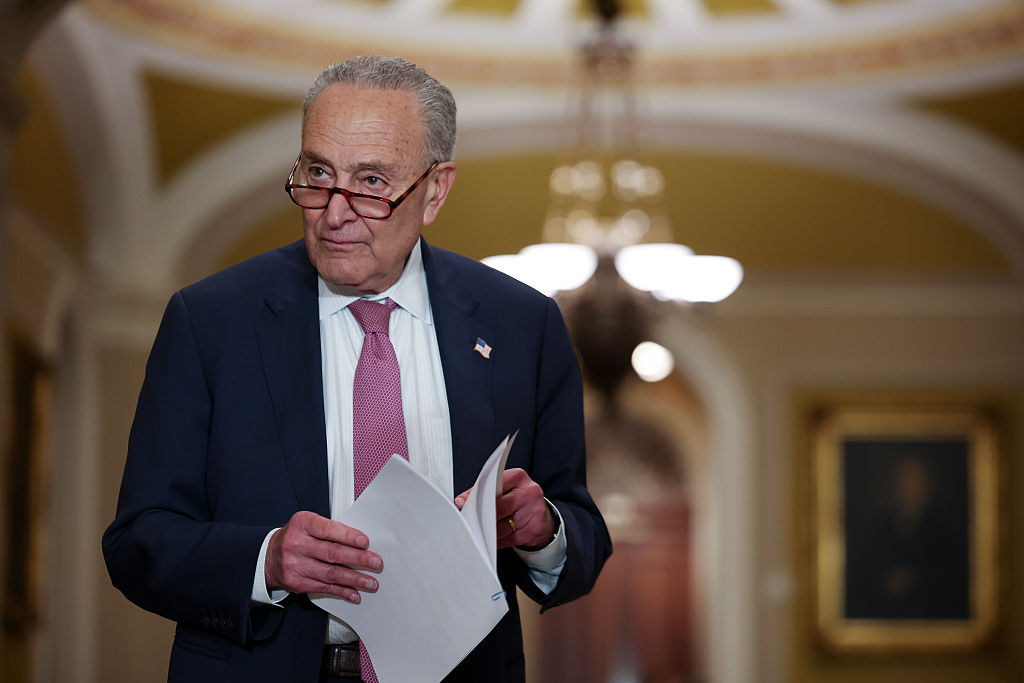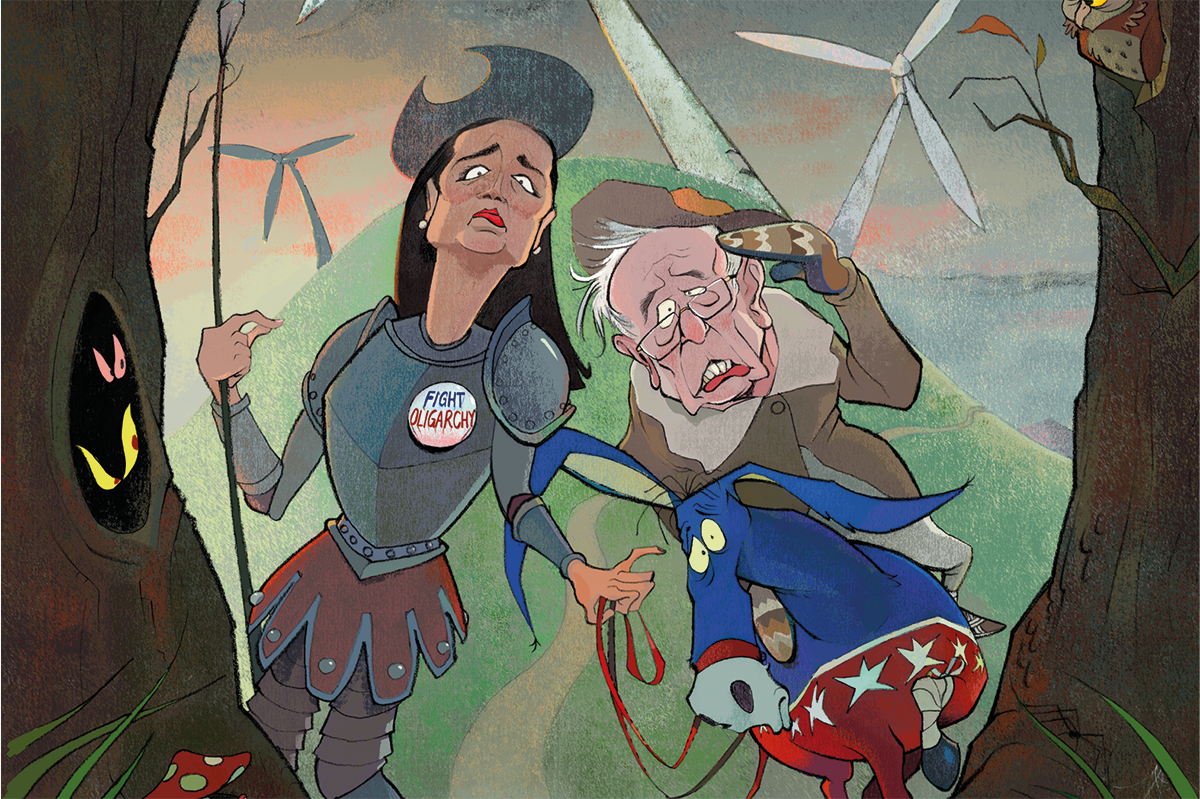On a day many Americans on both sides of the abortion issue thought would never come, the Supreme Court reversed the “settled law” of Roe v. Wade and Planned Parenthood v. Casey. Justice Samuel Alito’s finding for the court will have massive ramifications for American politics, culture, and law. The opinions are worth reading in their entirety — particularly the concurrences of Justice Brett Kavanaugh and Justice Clarence Thomas, the former for warning states that may seek to subvert federalism, the latter for its monumental achievement of criticism of substantive due process.
It will take time to digest this ruling responsibly as a legal matter. But as a matter of politics, the end of Roe is a neutron bomb with the potential to upend policy priorities and remake political coalitions in America. It represents both the utter vindication of the much-maligned “Conservatism, Inc.” — the collection of major conservative institutions, publications, legal groups, and activist organizations that played a role in this fight — and an end to the era of understanding conservatism in the way it has existed for almost half a century.
In the forty years since the likes of Senator Joe Biden were introducing bills to send the issue of abortion back to the states, the conservative movement has become the only home for the pro-life cause in America.
Through a series of pragmatic compromises, the entities that ran the right — at least at the federal level — invoked a series of culture war issues to achieve their aims. None was more significant than the issue of abortion, where a great sort left Democrats with effectively no prominent pro-lifers with any influence, at least none that would advance their “deeply held personal views” as policy. Why vote for anyone other than a supporter of Mitch McConnell as majority leader if they also wanted to block conservative and libertarian judicial nominees, bring lawsuits against the Little Sisters of the Poor and fund abortions with taxpayer dollars?
This pro-life predicament ultimately led to their support for Donald Trump, someone they had little to no faith in on the subject prior to 2016. His offer was purely transactional: elect me, and I will name one, or two, or, as it turned out, three people from this list of trustworthy potential justices to the Supreme Court. No dabbling with the equivalent of Harriet Miers or stealth nominees of the past. Trump said pro-lifers could trust him, and they did.
Now that pragmatic trust has paid off and the abortion fight has returned to the states. The left believes this will galvanize their voters for the upcoming midterms. But the likelihood of this seems low, given that most people who prioritize the abortion issue are likely to vote already, and the blue states where abortion is most popular will likely see their policies unchanged in the immediate future.
But for the long term, the success of Conservatism, Inc. in remaking the judiciary may also mark the end of its effectiveness as a coalition. Democratic pro-lifers — who do still exist, albeit hunted to near-extinction — have a unique opportunity to break with the religious movement known as Planned Parenthood and reach out across traditional party lines. Single-issue pro-lifers who will work to achieve limits on abortion at the first trimester and earlier are hardly in love with the economic agenda of the right, nor do they hold to many of its other tenets. The potential is there for the Democratic coalition to become more balanced on this issue, particularly if it wants to win in red states.
There is a generational shift going on here as well. Where Nancy Pelosi, Elizabeth Warren, and Hillary Clinton represent a lockstep devotion to unrestricted abortion, the next generation is decidedly more pro-life. Gallup recently found that 49 percent of thirty-to-forty-nine-year-olds support some restrictions.
This will not happen overnight. But it may well be that Conservatism, Inc.’s success in finally delivering on their promise to pro-lifers lead to a Democratic candidate in some prominent state deciding that breaking with the flailing orthodoxy of the “shout your abortion” movement represents the path back for a party that has lost its way on the culture wars.

























